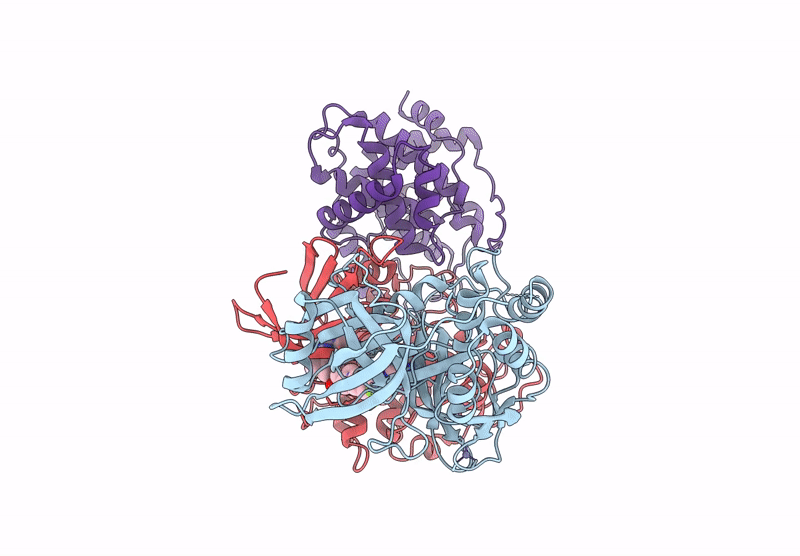
Deposition Date
2024-08-07
Release Date
2025-04-16
Last Version Date
2025-04-30
Entry Detail
PDB ID:
9D0X
Keywords:
Title:
Cryo-EM structure of CDK2/CyclinE1 in complex with CRBN/DDB1 and Cpd 4 (local mask)
Biological Source:
Source Organism(s):
Homo sapiens (Taxon ID: 9606)
Expression System(s):
Method Details:
Experimental Method:
Resolution:
2.84 Å
Aggregation State:
PARTICLE
Reconstruction Method:
SINGLE PARTICLE


